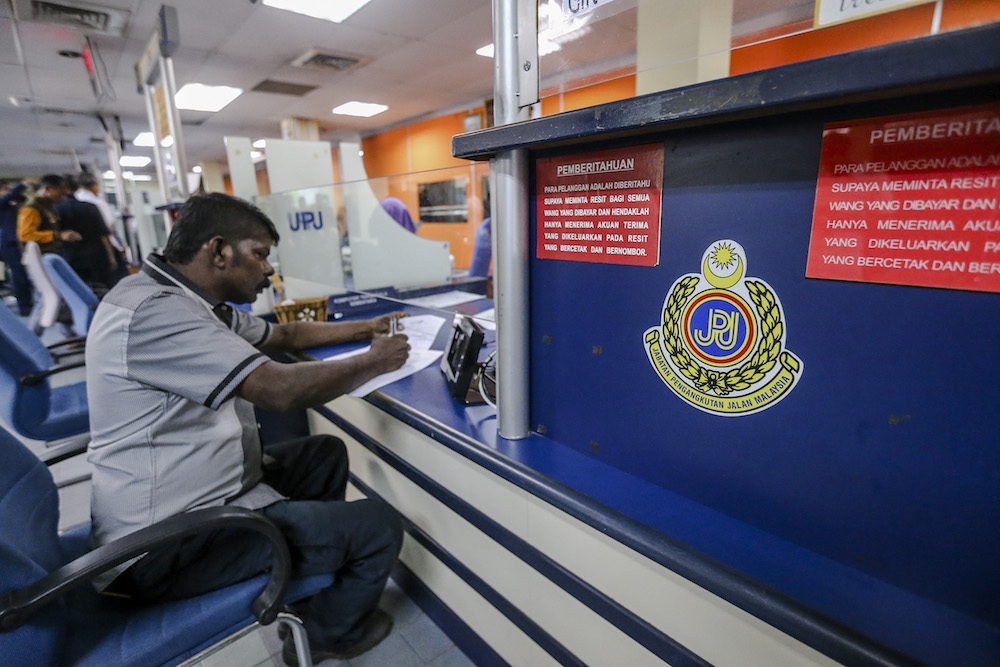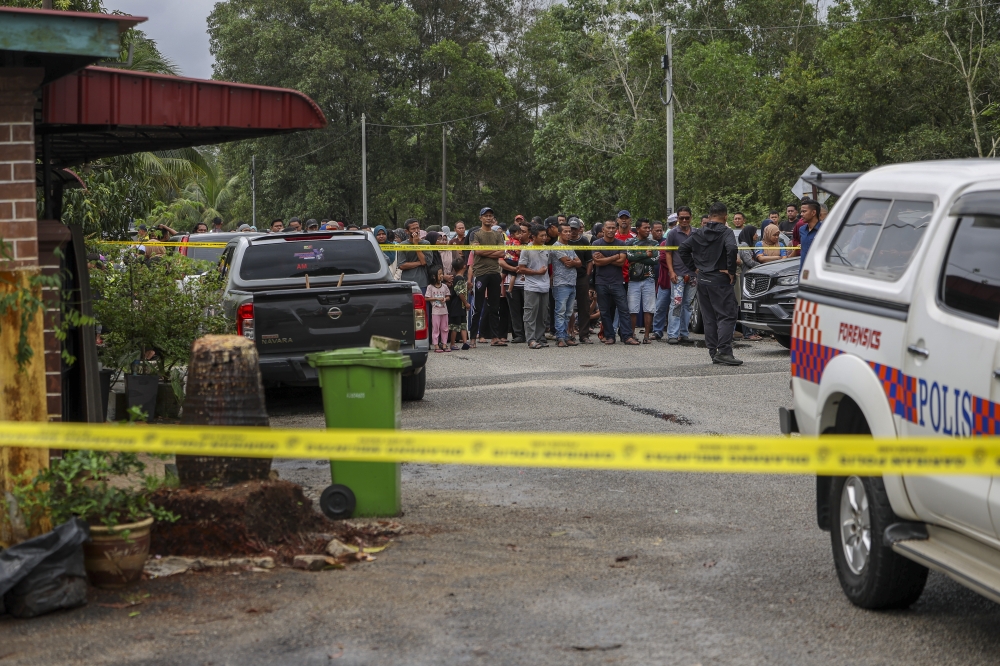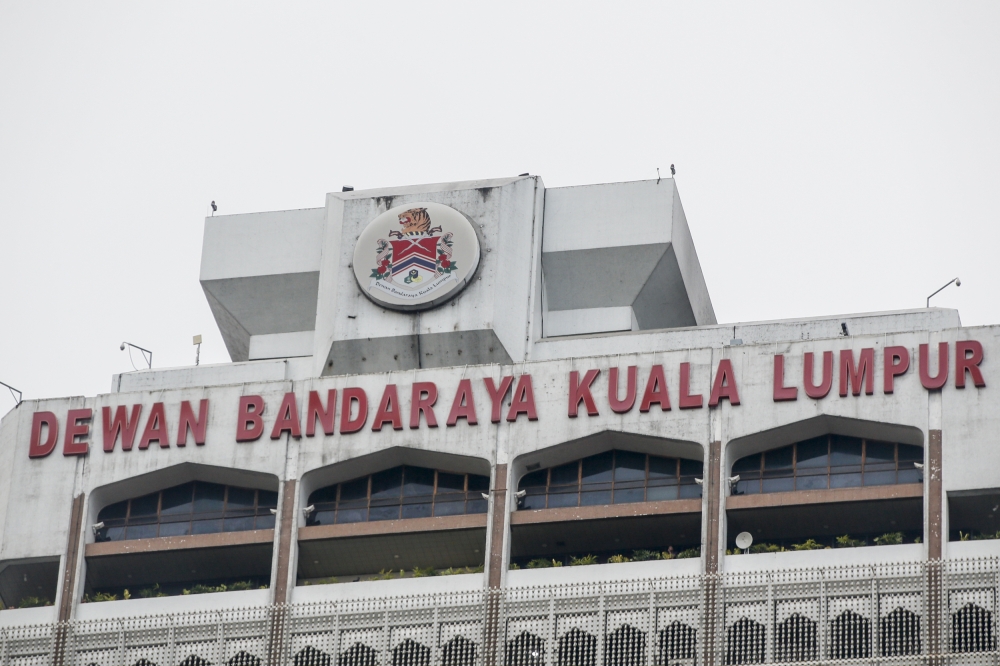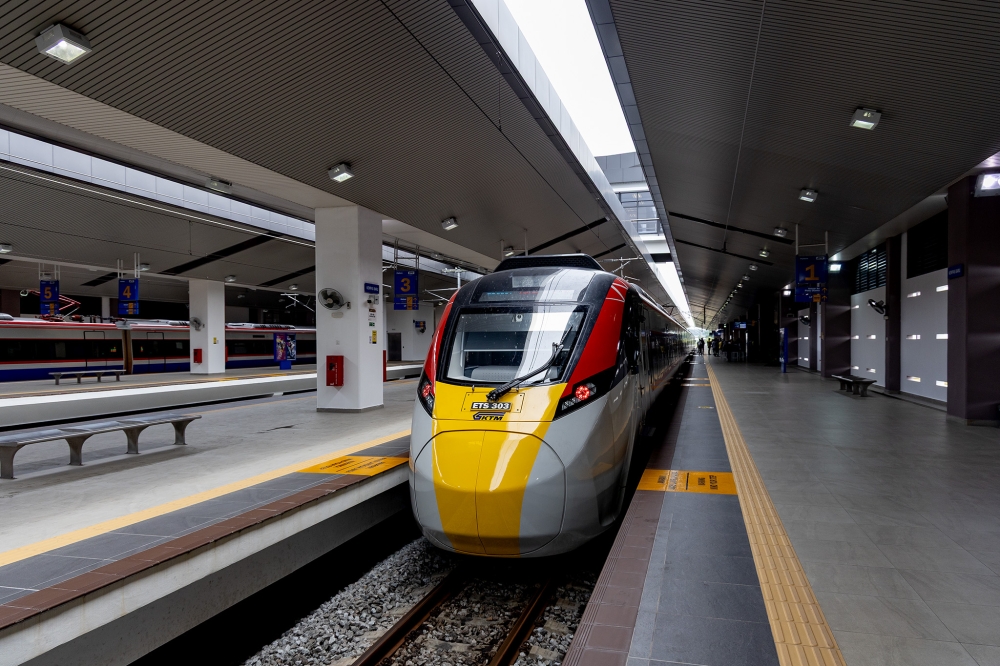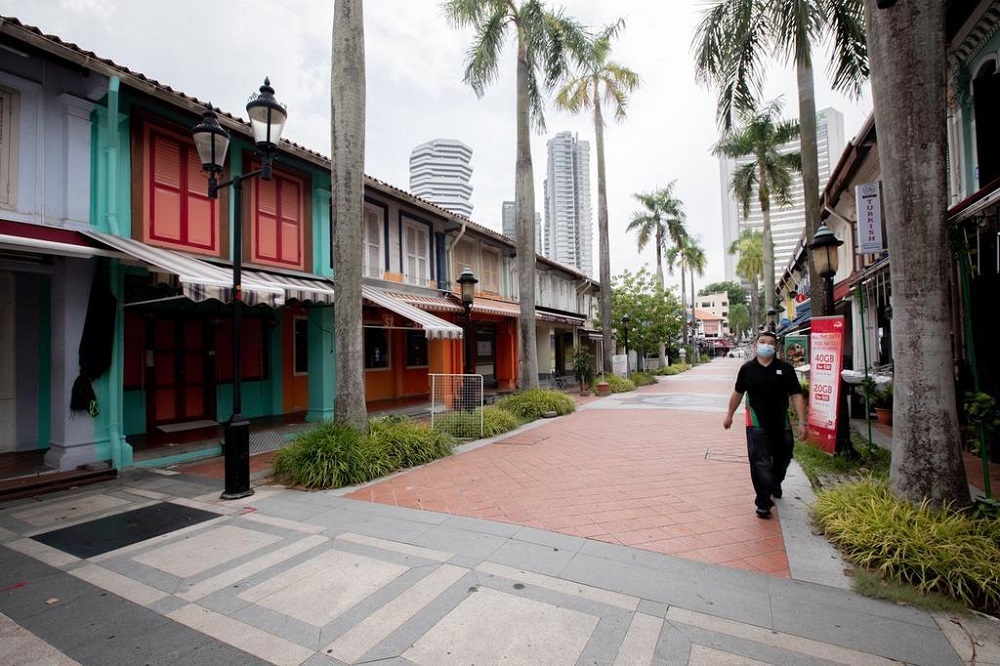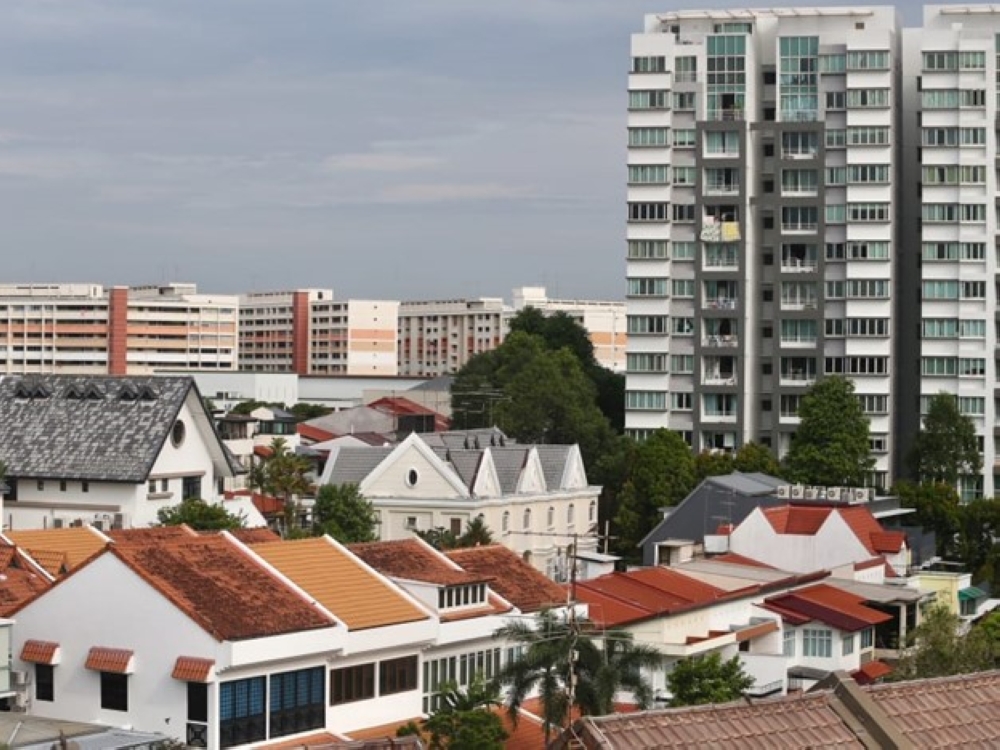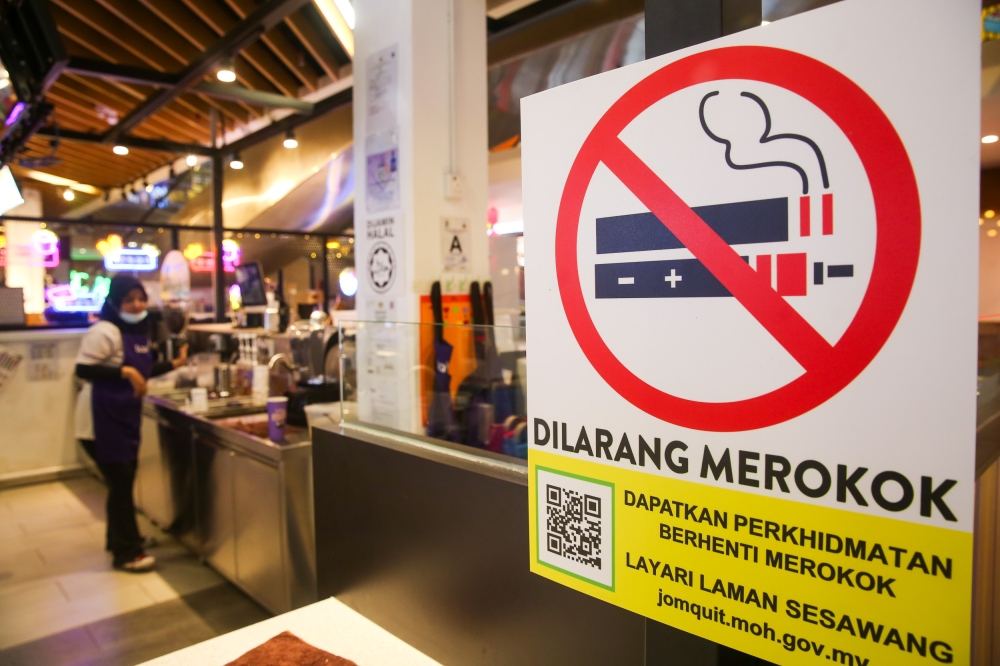SINGAPORE, April 8 — Business sentiment among Singapore’s small — and medium-sized enterprises (SMEs) is at its highest since the start of the Covid-19 pandemic, as economic activities worldwide have largely resumed.
With Singapore’s economy on the path of recovery, most SMEs are also looking beyond keeping their business afloat, and towards expansion and hiring. They are also hoping to capitalise on the resumption of business activity over the next six months.
These are among the findings of a survey, released yesterday, by the Singapore Business Federation (SBF) and information services company Experian, which measured business sentiment across six key industries for April to September.
The survey of more than 2,100 Singapore SMEs was done between Jan 18 and Feb 26.
The SBF-Experian Index, a barometre of business sentiment, registered a reading of 49.9 out of 100 for the next six months, an increase from 48.2 for January to June.
An index reading below 50, however, indicates that the overall outlook is still negative and that the level of business activity is set to be contractionary, and business sustainability of SMEs is expected to be poor.
An index reading of 50 is neutral, while a reading above 50 points to a positive outlook.
The global economy is expected to grow by 5.5 per cent this year, with business sentiment given a further push by expectations of stronger policy support as well as vaccination campaigns, SBF and Experian said. The Singapore economy is forecast to expand by 4 to 6 per cent this year, after its worst recession on record last year.
Which sectors recorded the largest improvements?
After a record-low business outlook during the pandemic last year, all six sectors polled saw improvements in business sentiment.
- Construction and engineering recorded the most significant gains, with the index jumping 6.8 per cent from 48.5 in the previous quarter to 51.8
- Business services registered a 4.2 per cent increase from 48 to 50
- Retail and food and beverage (F&B) posted a 3.1 per cent increase from 45.8 to 47.2
- Transport and storage also recorded a 3.1 per cent increase from 48.4 to 49.9
- Commerce and trading registered a 1.4 per cent uptick from 49.1 to 49.8
- Manufacturing also saw a 1.4 per cent increase from 49.2 to 49.9
SBF and Experian said that the inward-facing sectors of construction and engineering and business services saw the largest gains, likely on account of the easing of virus containment restrictions. This has enabled the resumption of business activities on a broader scale.
For the construction and engineering sector specifically, the sharp rebound in sentiment is likely thanks to the resumption of work after lengthy stoppages and delays arising from the circuit breaker — which halted non-essential business activities from April to June last year — and extended quarantines imposed on migrant worker dormitories.
Which areas of business were firms most optimistic about?
The SMEs were surveyed on seven qualitative indicators, all of which registered improvements.
- Expectations of easier access to financing rose by 11.59 per cent. With the easing of business restrictions, most SMEs are expecting a rebound in sales over the next six months. The commerce and trading sector, however, recorded a fall of 3.24 per cent on this count
- Turnover expectations improved by 8.59 per cent. Five of the six sectors showed improvements for this indicator, led by business services, and construction and engineering. Only manufacturing showed a marginal decrease of 0.43 per cent
- Profitability expectations climbed by 9.42 per cent. The business services and construction and engineering sectors saw the largest gains on this indicator
- Expectations about the utilisation of capacity increased by 4.18 per cent, in step with the improved business outlook
The three remaining indicators — capital investment, business expansion and hiring — showed that SMEs are looking beyond keeping their business afloat and towards new growth opportunities in the next six months:
- SMEs have raised their capital investment expectations by 2.4 per cent
- Expectations around business expansion inched up by 1.98 per cent, which suggests that SMEs may be exploring opportunities initially delayed by the pandemic
- Expectations around hiring also registered an increase of 2.54 per cent, likely in tandem with aspirations for expansion
Only the commerce and trading sector recorded slight drops in expectations for expansion (0.59 per cent) and hiring (2.86 per cent).
“This could be due to the significant boost that it enjoyed in the last quarter as well as the persistent downside risks within the international and regional trading environments that may have impacted business opportunities and the hiring appetite among SMEs in the sector,” SBF and Experian said.
James Gothard, Experian’s general manager of credit services and strategy in Southeast Asia, said that it remained important for SMEs to boost their resilience against unexpected shocks to the global economy, given the continuing risks posed by the pandemic.
“With government support schemes for SMEs continuing into 2021, SMEs will need to explore and invest in aspects such as manpower upskilling and digitalisation, both of which could help firms remain competitive and relevant in the long term,” added Gothard.
SBF chief executive officer Lam Yi Young said: “The gradual reopening of our economy, the easing of business restrictions and the wide range of Budget measures announced earlier this year have given a much-needed boost to the confidence of our SMEs.
“Many are looking forward to rebuilding their businesses after the devastating impact of the Covid-19 pandemic.” — TODAY

